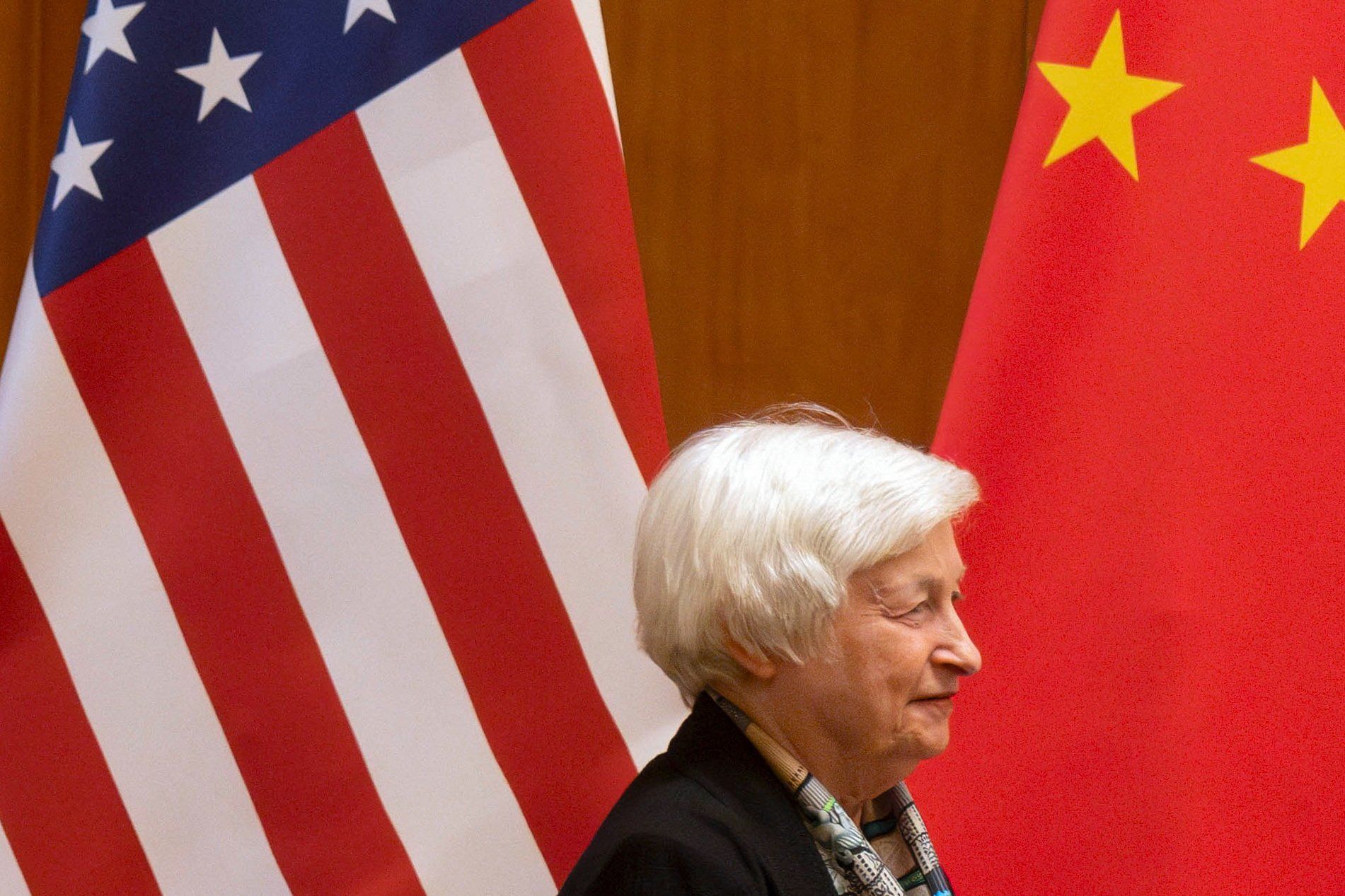US Treasury Secretary Janet Yellen wrapped up her high-profile trip to Beijing on Sunday with a message for China: we aren’t out to undermine China. Measures to curb US investment in China will be carefully targeted to prevent Americans from supporting the Chinese military, she said, but they do not seek to damage China's economy more broadly.
Beijing seemed to take Yellen's word for it — she is regarded by Beijing as a pragmatist one can do business with, as opposed to ideological China hawks in the Biden administration and Congress. (After holding talks with the top US economic policy official, Chinese Premier Li Qiang commented that now “China-US ties can see rainbows after a round of wind and rain.”)
Still, there are plenty of clouds lingering for the world’s two largest economies. The US still seeks to limit China's access to advanced semiconductors, to which Beijing might respond by making it harder for America to get rare-earth metals needed to make electric vehicles.
During her visit, Yellen also turned heads by publicly referring to Pan Gongsheng, recently named Communist Party chief of the People's Bank of China, as the head or acting head of the institution, which serves as China's central bank. Pan has yet to get the official nod, but read here to learn more about his likely appointment at a crucial moment for the Chinese economy.